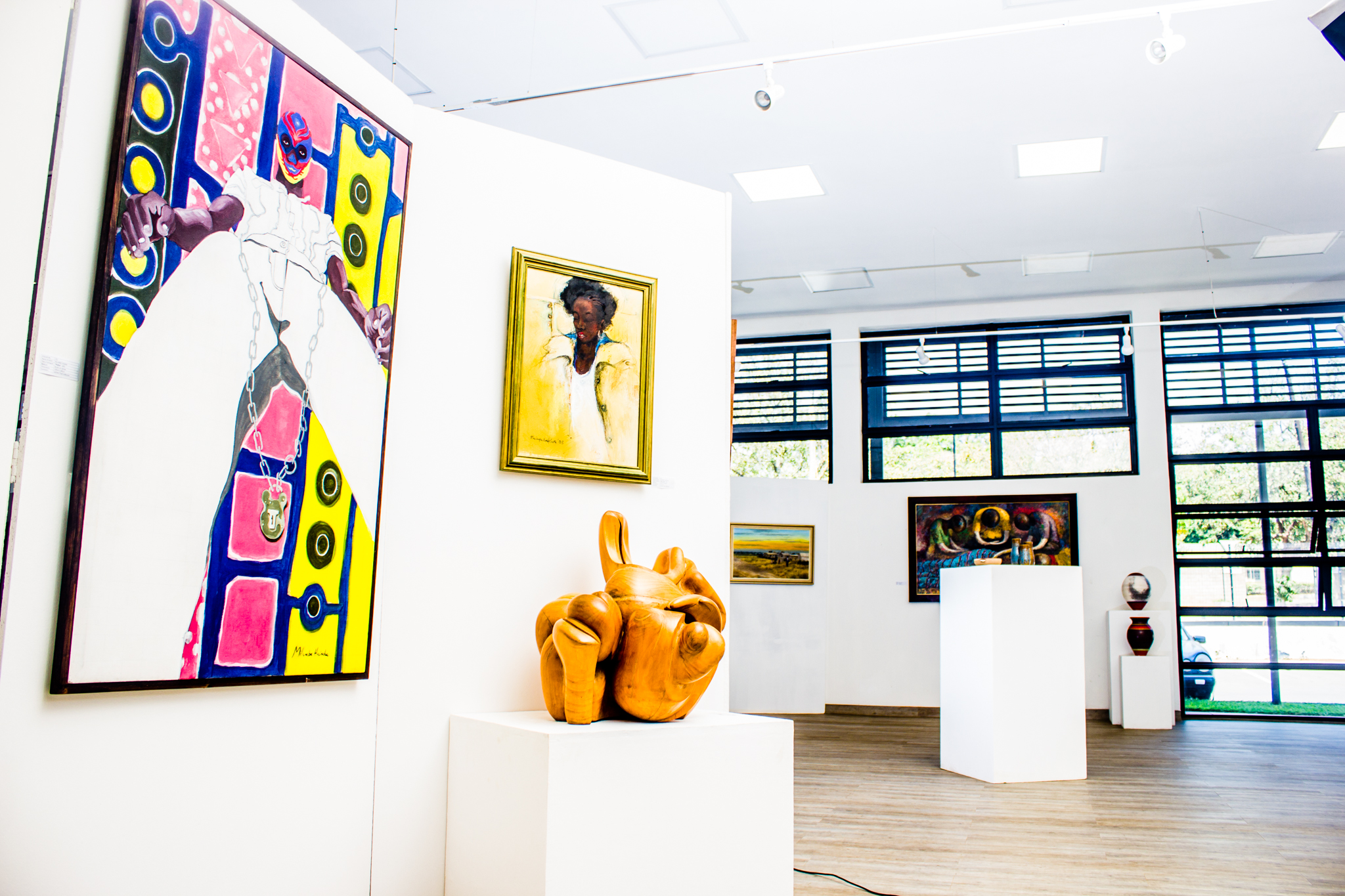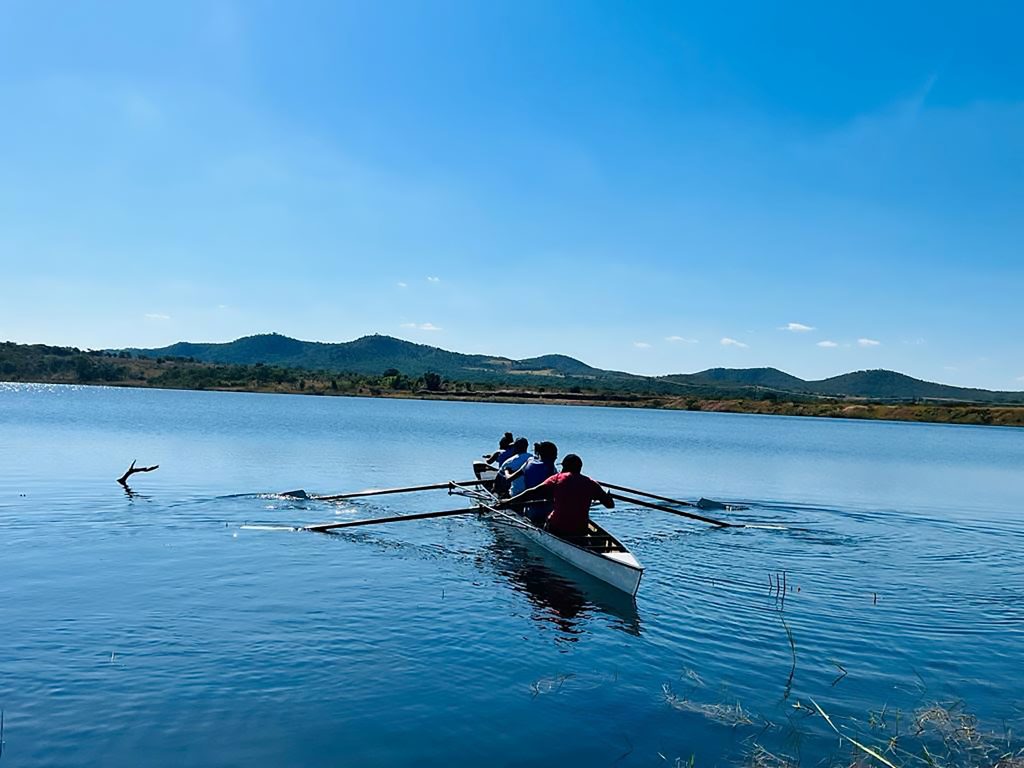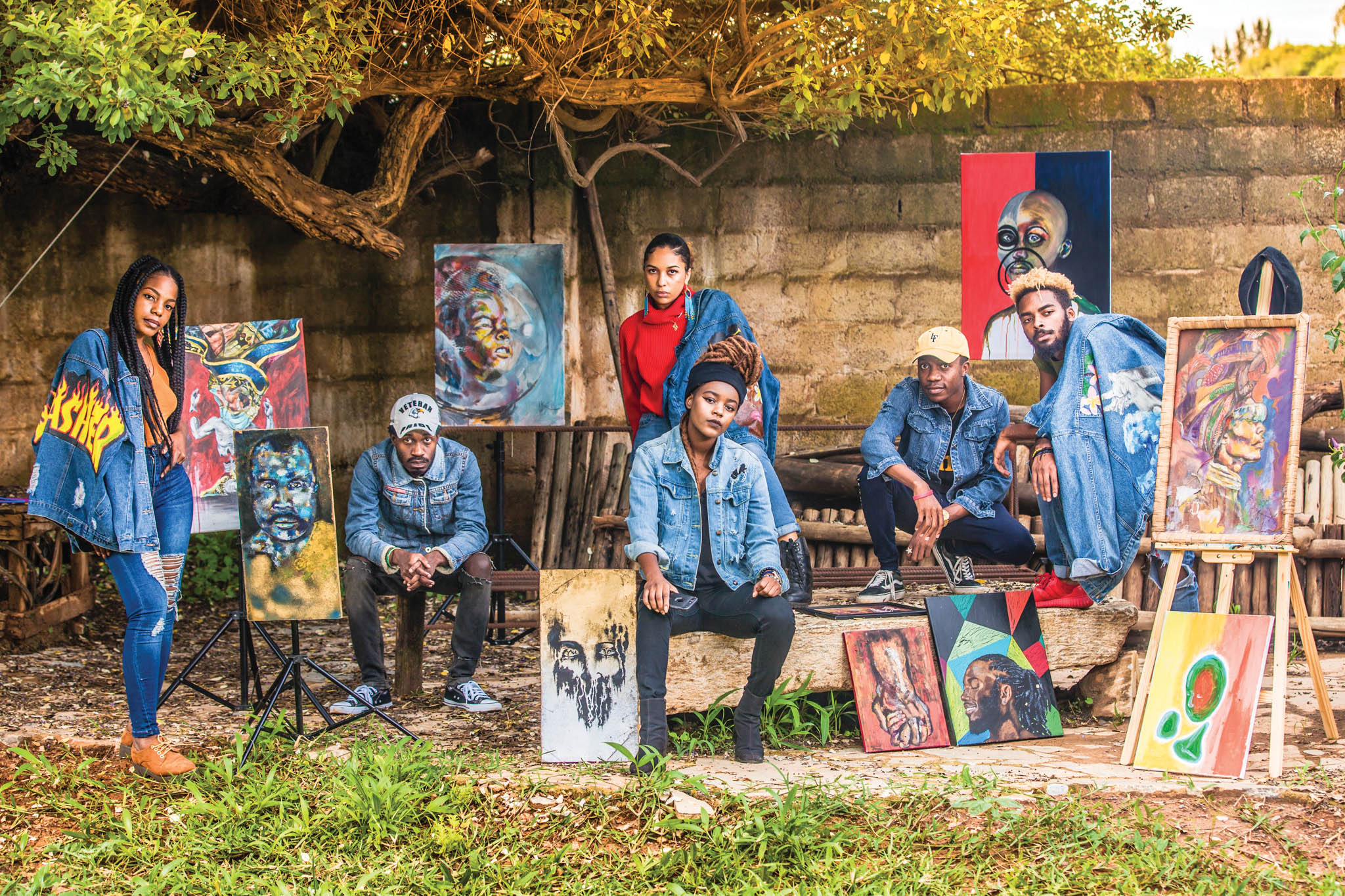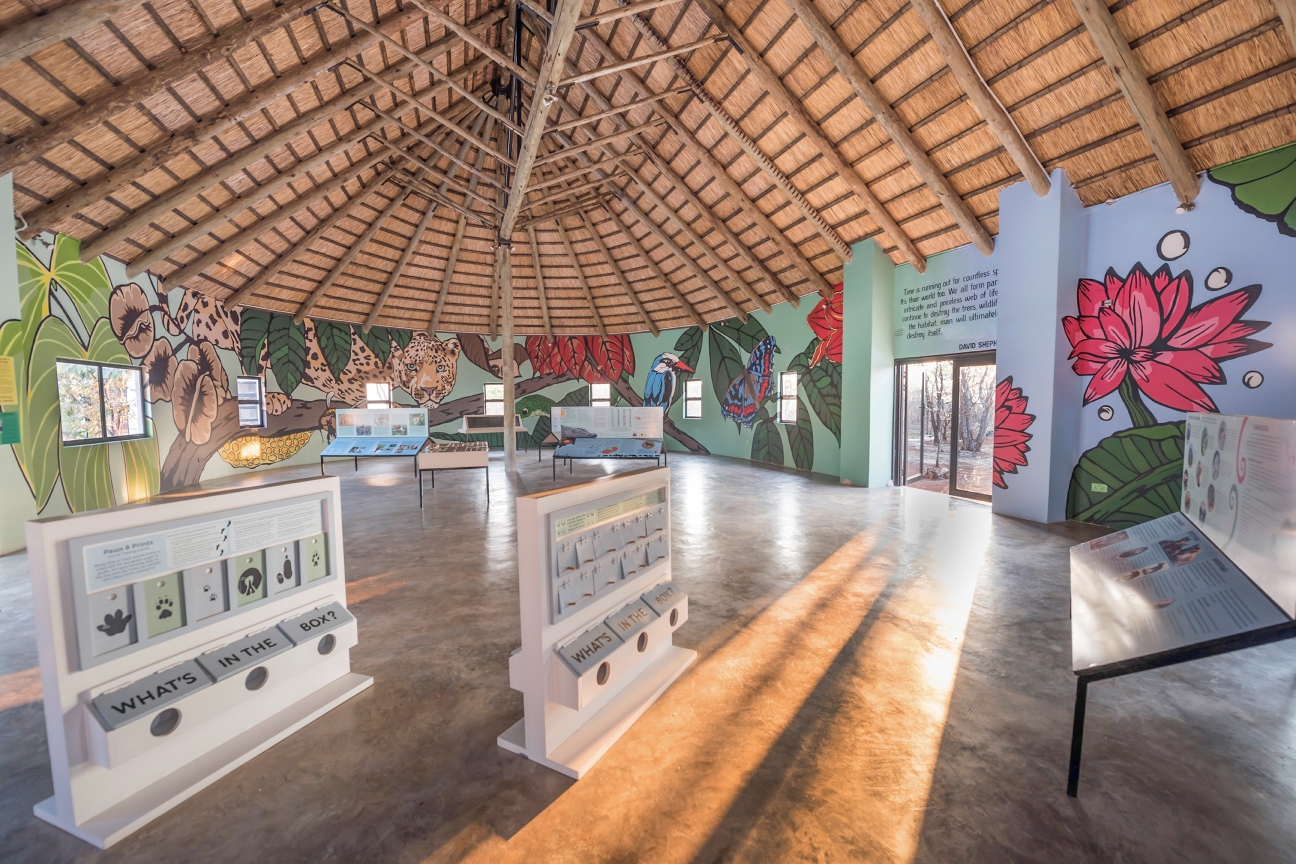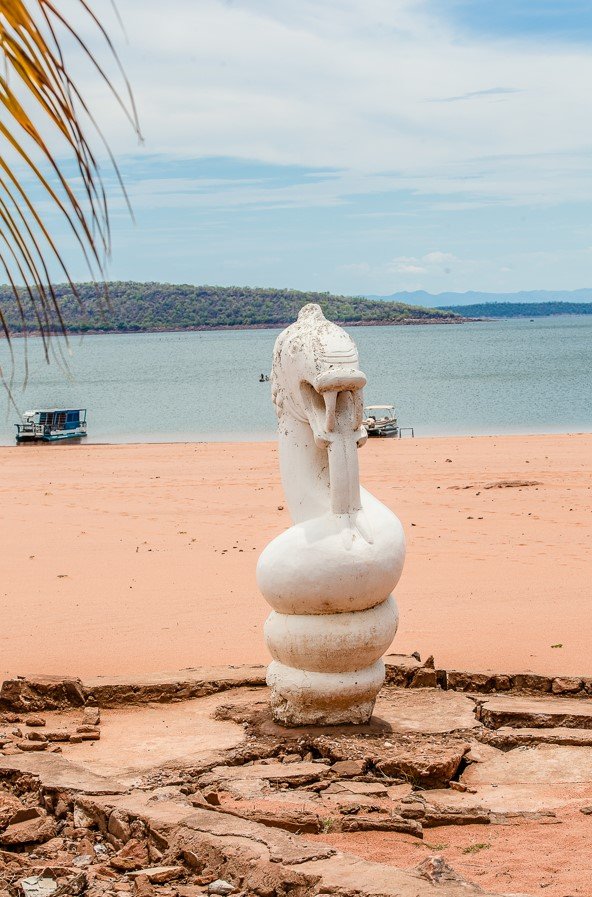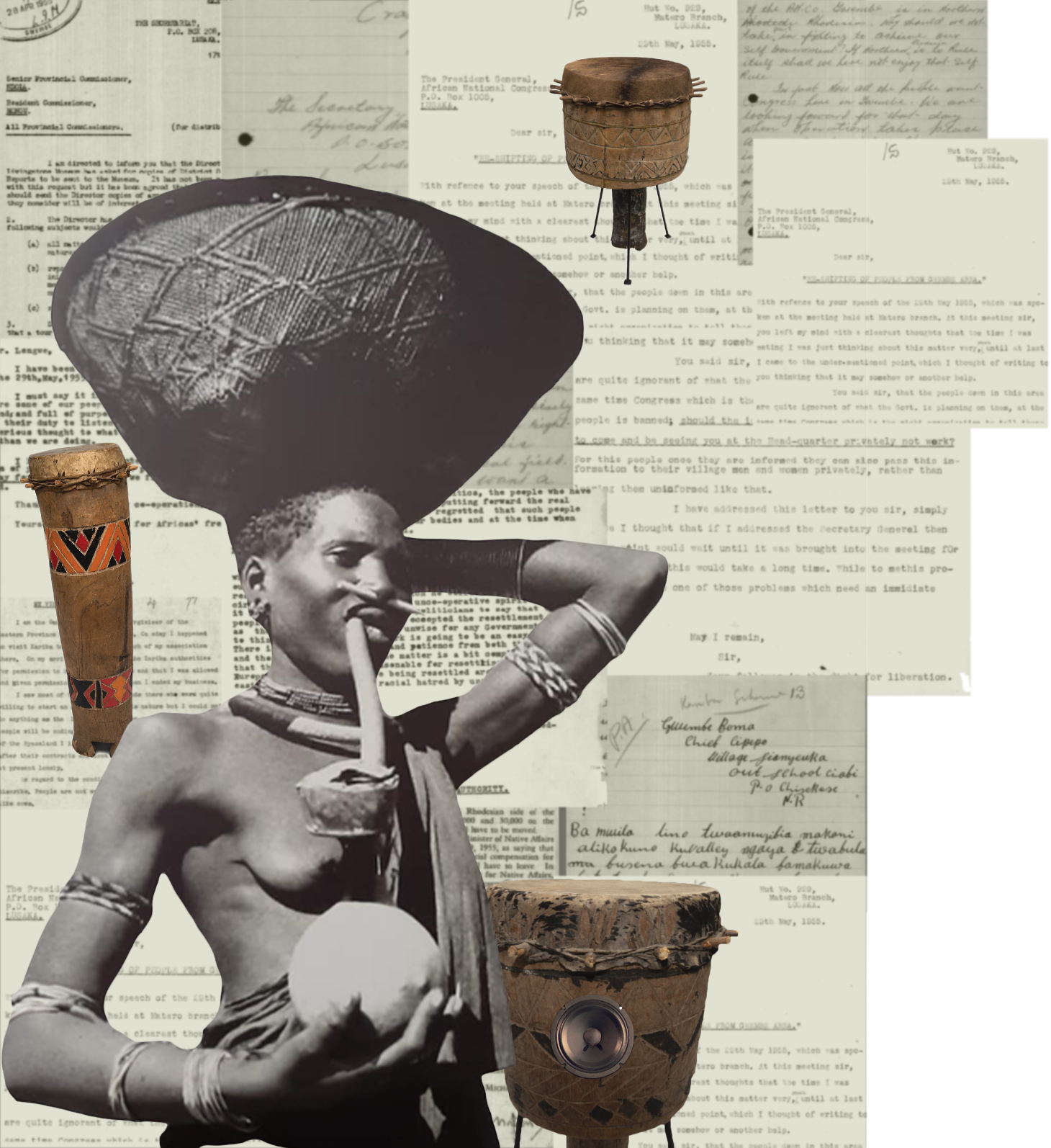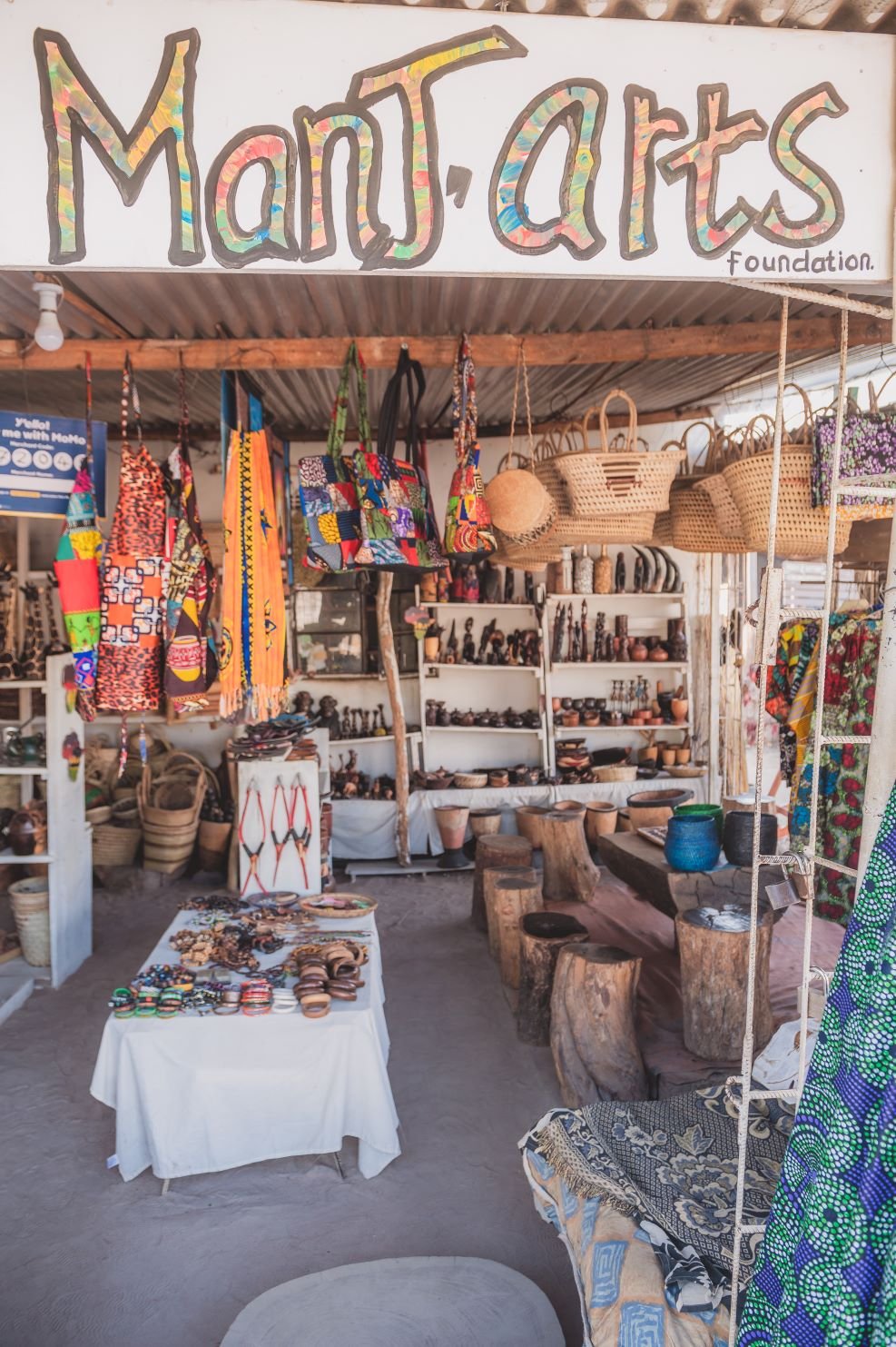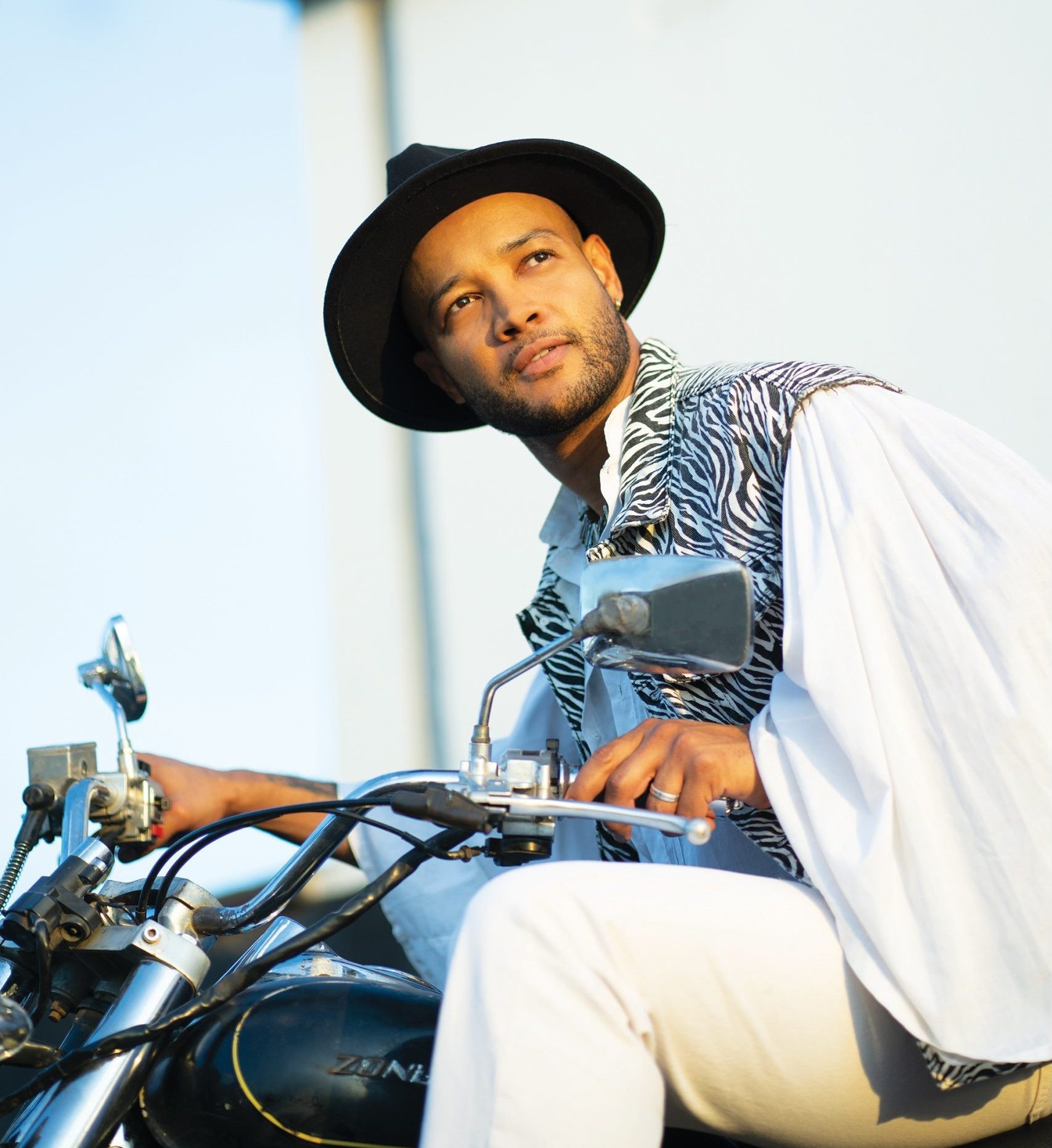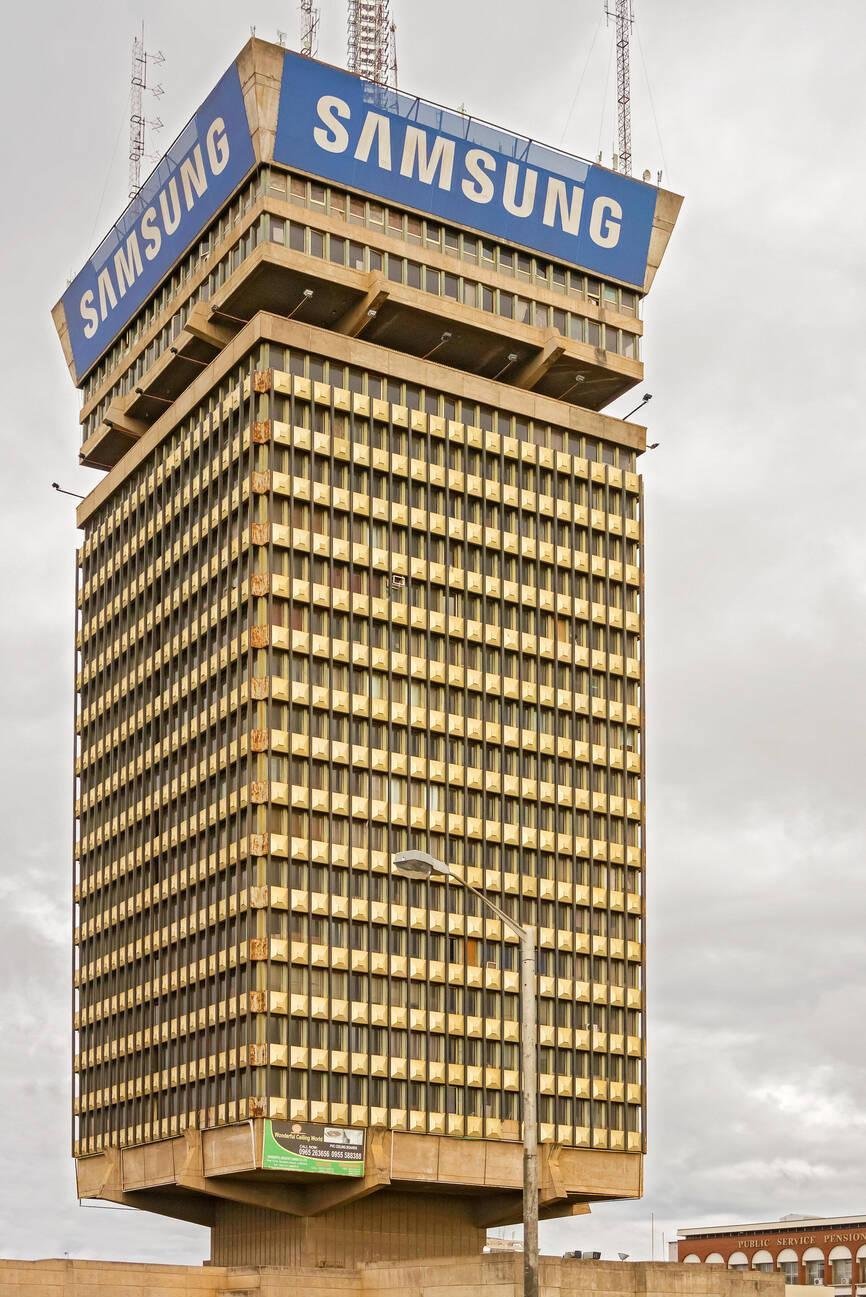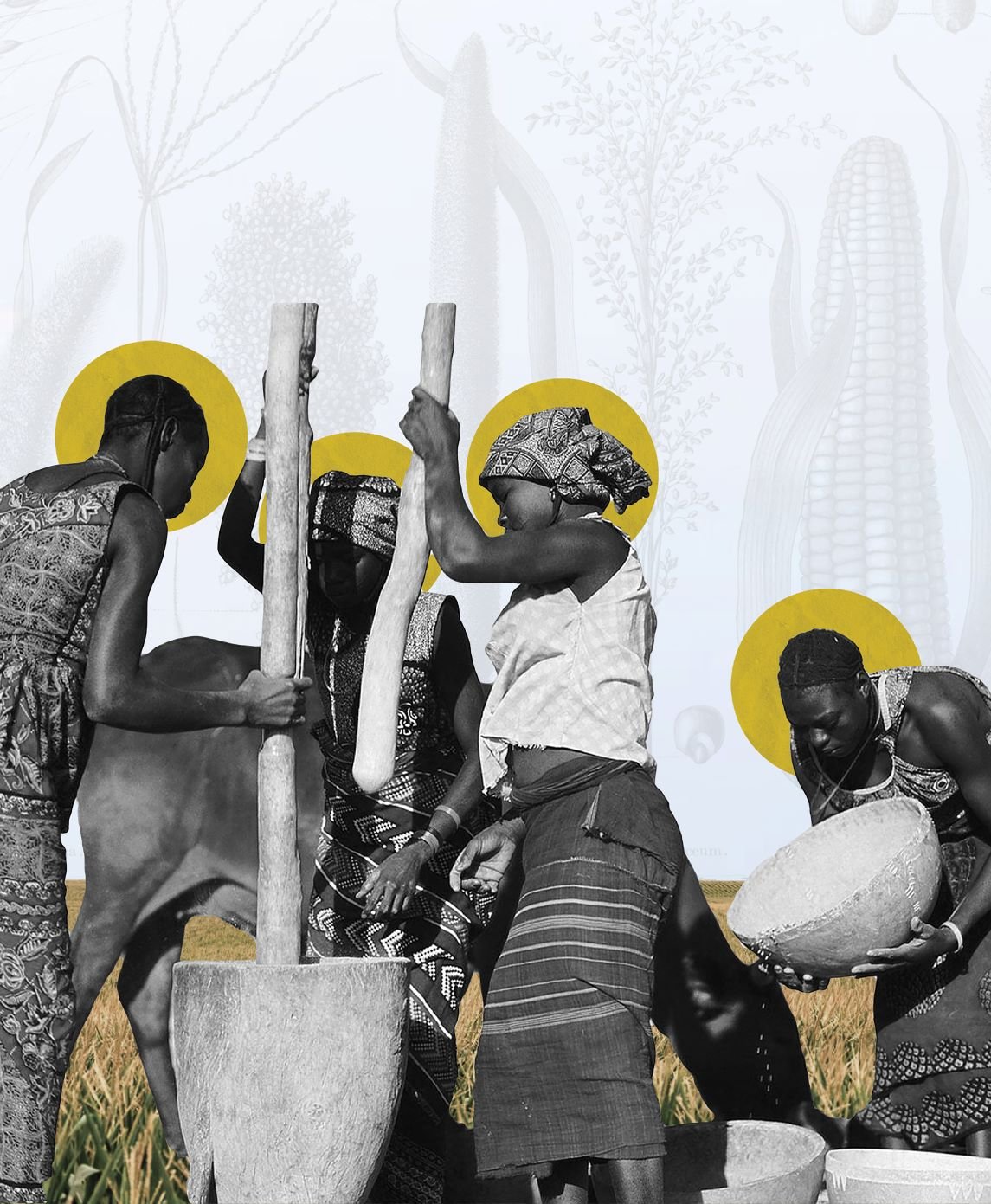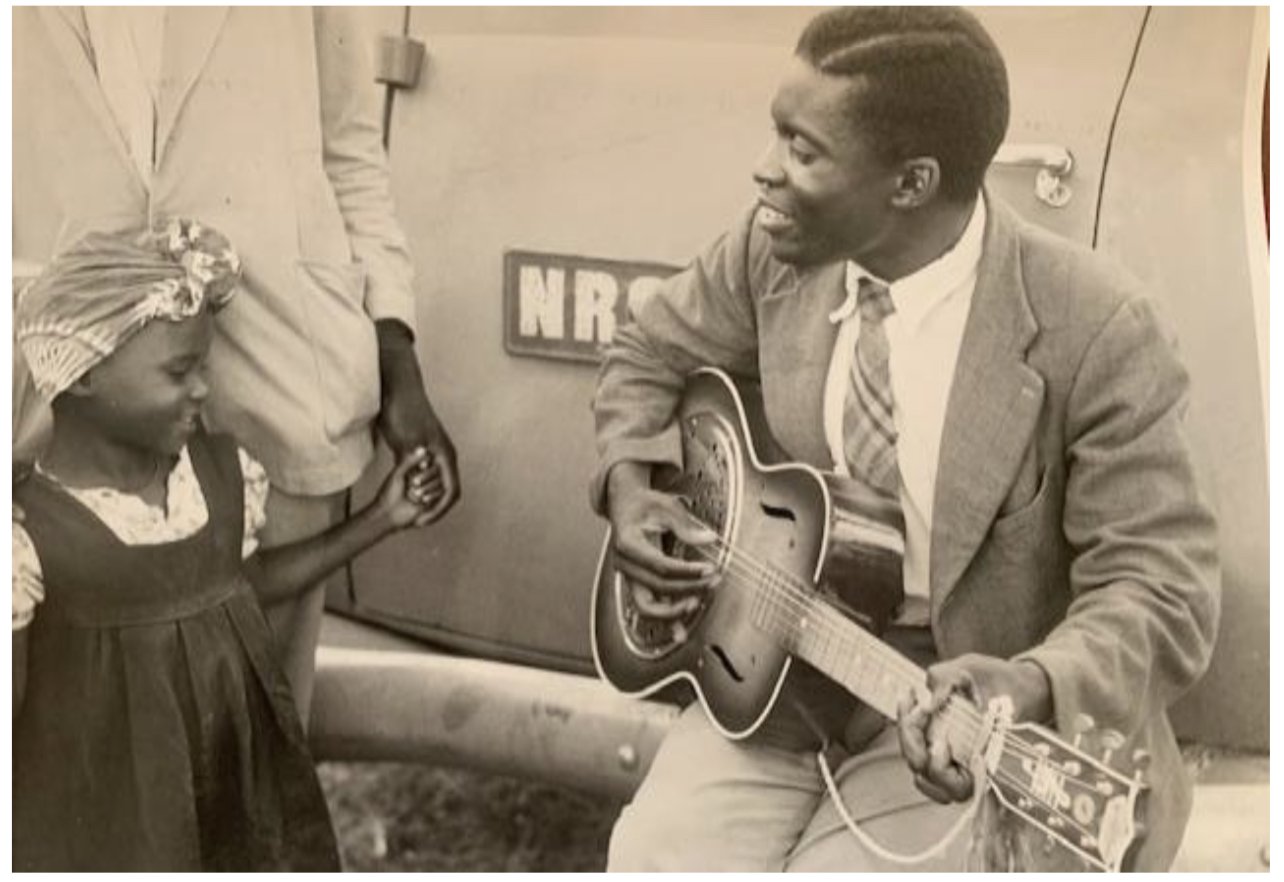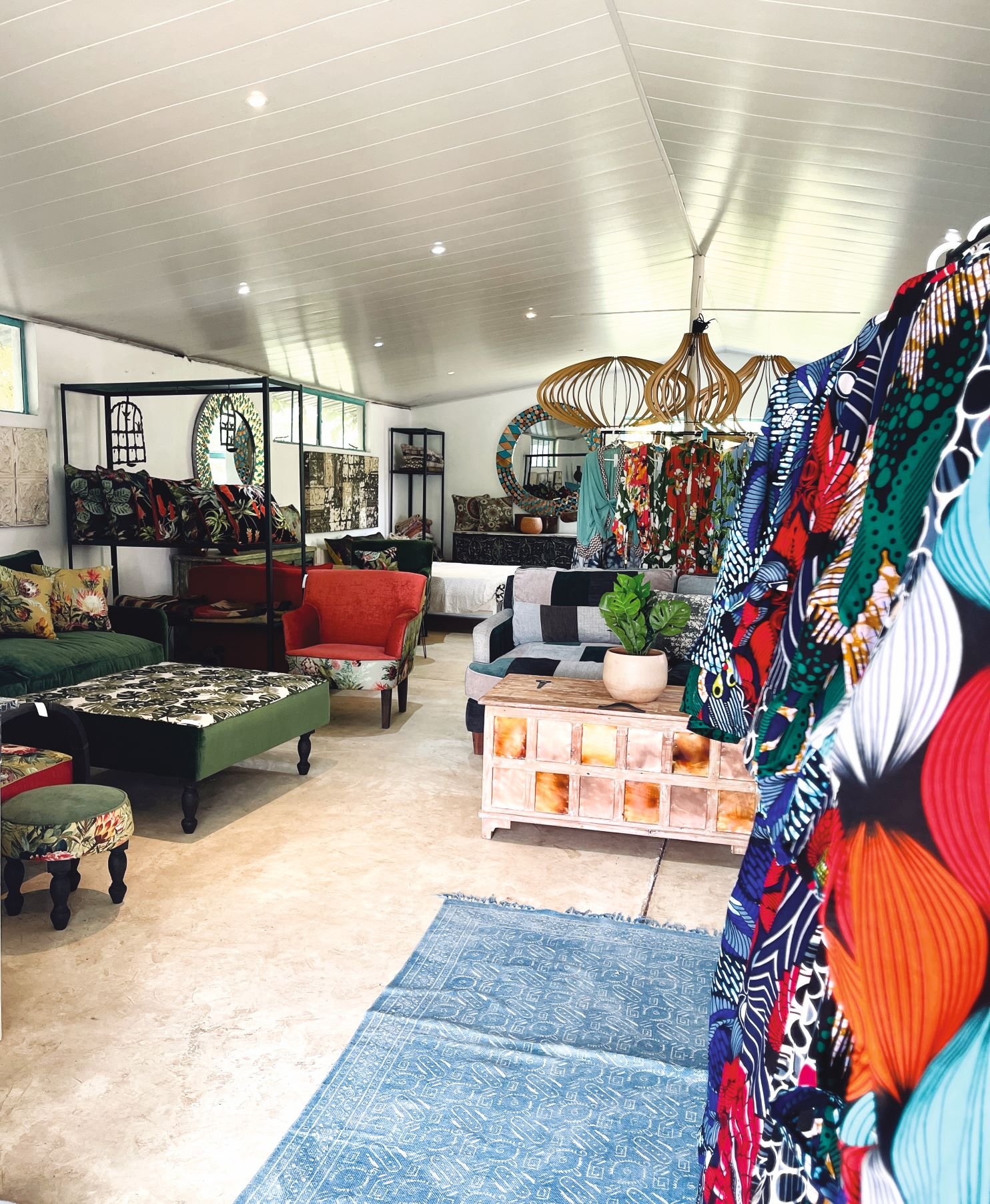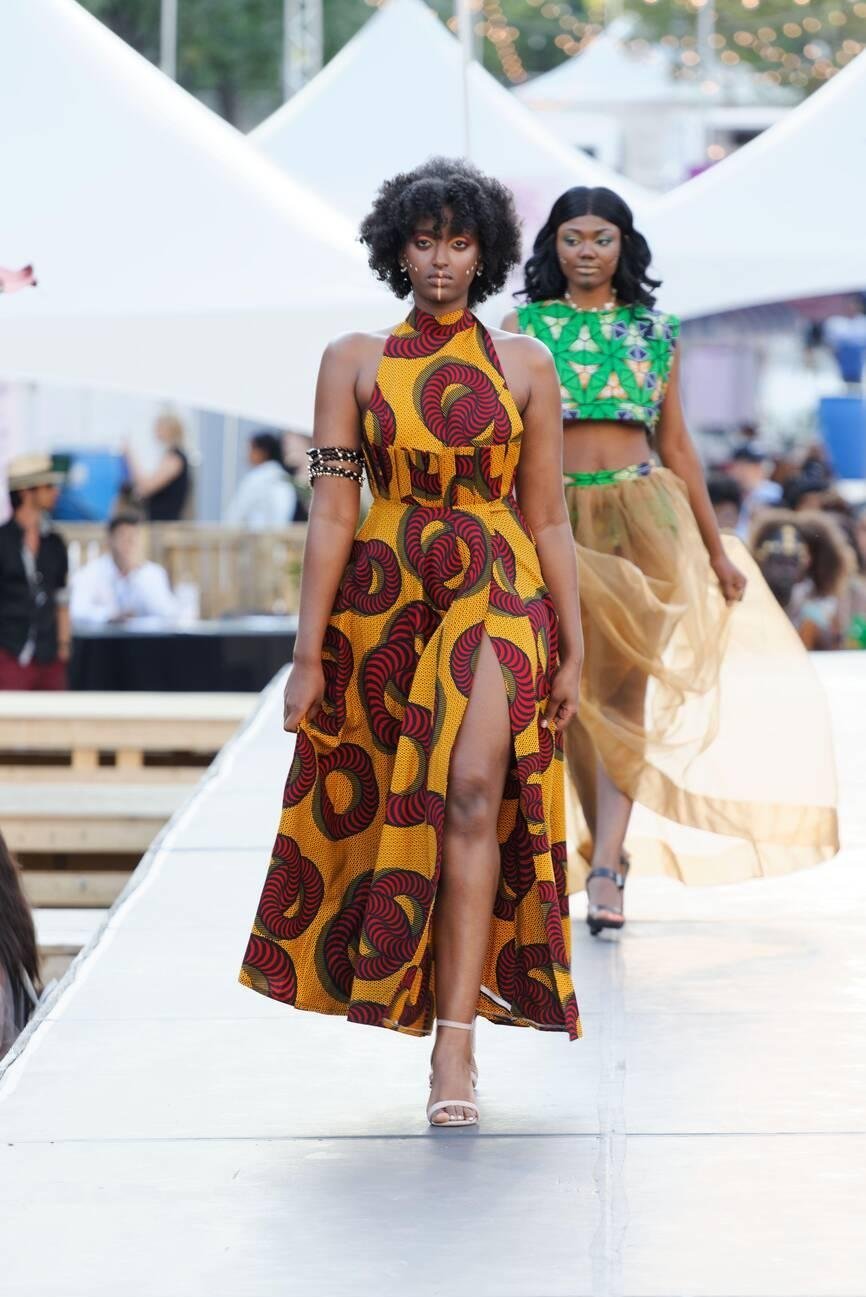The Lechwe Trust art collection finally finds a home
In the past few years, Zambia has seen an increase in the number of spaces where the public can view art. For instance, Modzi Arts, the Zeela Art Gallery and Temwani Art Gallery have all opened in the space of two years. There is no doubt that none of these galleries would have existed without the inspiration of a thirty-two year old charitable organisation called Lechwe Trust.
Lechwe Trust was founded by artists Henry Tayali, Cynthia Zukas MBE and Bente Lorenz in 1986. Many years after his death, Tayali is still considered Zambia’s foremost artist. In addition to being a painter and sculptor, he was also a lecturer and one of the country’s most vocal advocates for the arts. Since her arrival in Zambia in 1965 Zukas has committed herself to growing the arts scene in the country. The late Lorenz served on several art-related committees and worked to preserve traditional art forms.

Lechwe Trust was founded with the primary aim of providing educational grants to promising artists. Other aims include the purchasing and commissioning of art works for public viewing, supporting organisations promoting the visual arts, encouraging art education and promoting exhibitions in Zambia and beyond.
The Lechwe Trust collection, which is one of the largest and most significant private collections in Zambia now features over 340 paintings, drawings, ceramics and sculptures. The Trust already has plans to acquire more art works to add to its large collection. Without a dedicated gallery to showcase the collection, it was stored in two large metal containers. The only way the public had access to selected works from the collection was by attending various exhibitions including a 1993 retrospective of Henry Tayali at the Mpapa Gallery, Lusaka Museum opening in 1996, a Lechwe Trust exhibition in 2000 and other exhibitions, with a more recent one held in 2016.
Art lovers finally have a chance to view the Lechwe Trust collection at its gallery which recently opened to the public in the Rhodes Park area of Lusaka. Zambia Open University students who are enrolled in the Fine Arts Degree Program were one of the first groups to visit the gallery.
The benefits of having a permanent space to house it’s collection are numerous. With its own gallery space Lechwe Trust will house and display its large art collection for continuous public viewing, provide a space for art education and cultural exchange programmes, provide a space for visual artists to display and sell their art and preserve contemporary artistic heritage and contribute to sustainable tourism. Its central location near Great East Road means it is easily accessible by public transport.

Walking into the gallery for the first time, one of my first thoughts was that it is not as large as I expected it to be, considering the huge collection possessed by the trust. However, it is an airy space that is easily navigable and wonderfully laid out. The artwork will be rotated every few months by the curatorial team. Currently the gallery’s curator is William Miko, who is an artist and Fine Arts lecturer.
One of the first paintings that caught my eyes was ‘Destiny’ (1960-1965), one of Henry Tayali’s most famous works and a jewel of the Lechwe Trust collection. The dystopian painting, which shows people in a large, polluted city, engaged in back breaking work to make a measly living. Another eye-catching piece is ‘Makishi’s Last Supper’ (2013) by Ignatius Sampa, which is inspired by Leonardo Da Vinci’s work and instead of Jesus with his disciples, features masked makishi dancers. The current art on display in the space offers a great insight into the diverse pieces of art owned by Lechwe Trust and indeed the diversity of artwork produced by Zambian artists.

Zambians and international visitors alike can look forward to visiting on many occasions to see what future exhibitions will be held. The opening of the Lechwe Trust gallery was definitely worth the thirty-two year wait. As art critic Andrew Mulenga stated, “One can only relish the fact that collections such as Lechwe with artworks that actively express contemporary reality in an African context remain on Zambian soil for the enjoyment of many generations to come…The collection in its entirety has always been a combination of budding Zambian geniuses alongside seasoned visual arts stalwarts and the works continue to express recurrently fresh narrative that speaks to the country’s post colonial turn of the 1960s, the nationalism of the 1970s, the wide ranging, uncertainty of the 1980s, the cultural exchange movements of the 1990s and the global turn of the present.”
Though the Lechwe Trust Gallery has been open to the public since April 2018 it will hold an official opening event in December 2018. The gallery is open to the public from Tuesday to Saturday from 10 a.m. to 6 a.m.
For more information email [email protected] or drop in at the gallery where the staff will be able to advise you.
